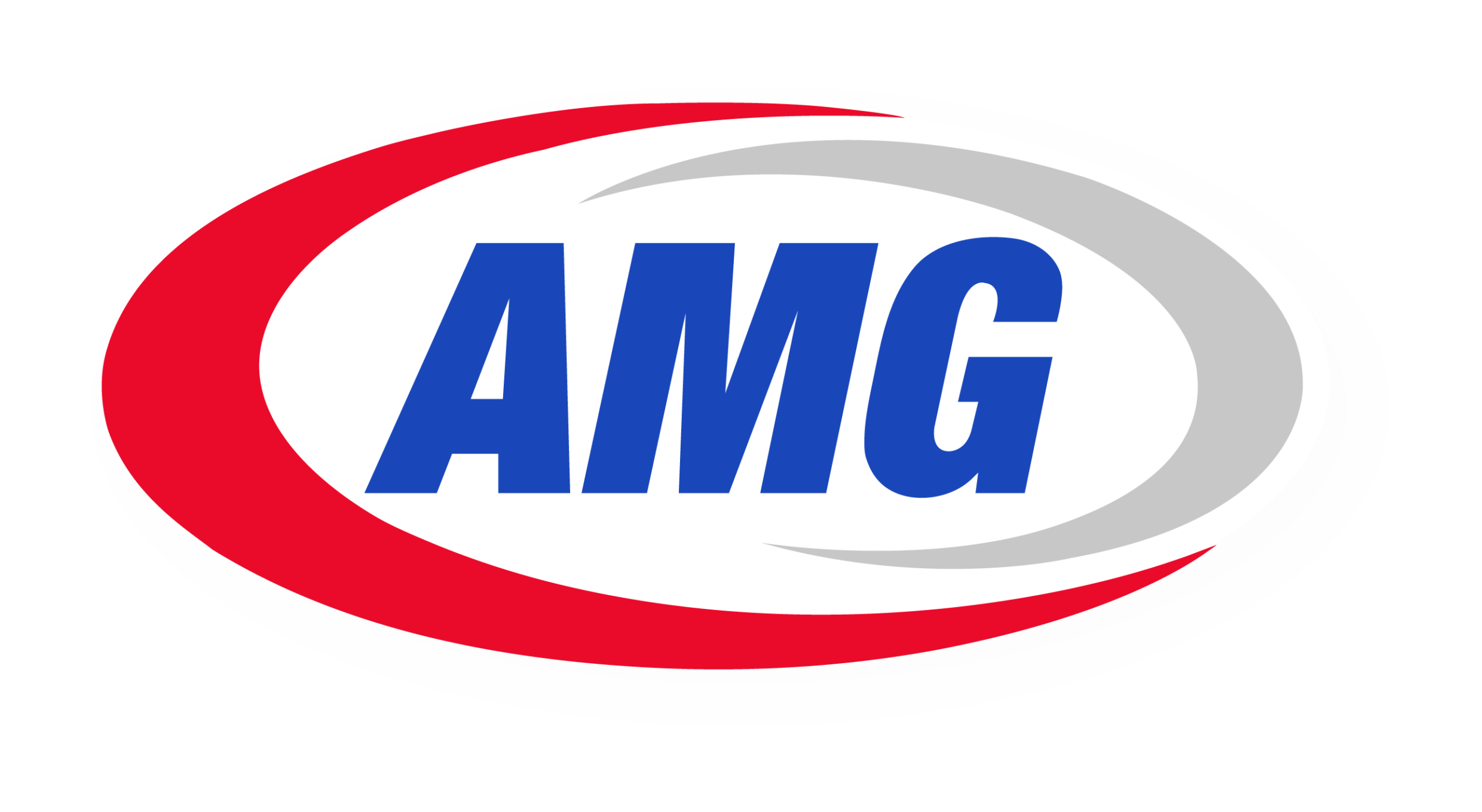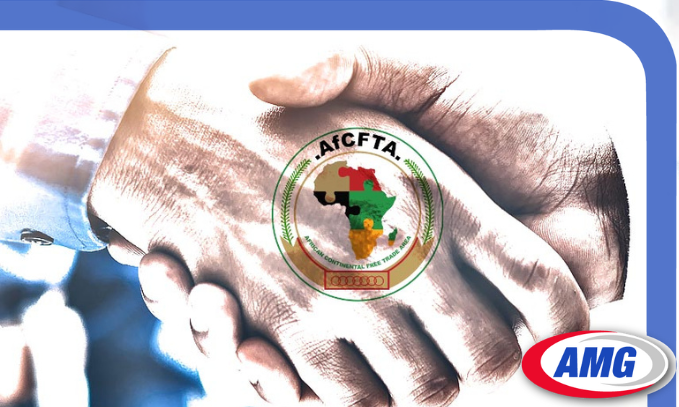Nigeria’s trade with African countries reached a significant milestone in the first quarter of 2024, hitting a total of ₦2.64 trillion. This is despite not being able to trade participate in the African Continental Free Trade Area (AfCFTA).
According to a recently-released report by the National Bureau of Statistics (NBS), the trade dynamics within the African continent and particularly within the ECOWAS region revealed robust interactions and substantial economic exchanges.
Recall that the AfCFTA has been struggling to achieve its full potentials since inception. Several African countries, including Nigeria, have yet to fully commence trading under the platform, due to various logistical, regulatory, and infrastructural challenges. However, despite these hurdles, Nigeria’s trade with other African nations continues to flourish, indicating strong bilateral ties and trade activities, outside of the AfCFTA framework.
According to the NBS, in Q1 2024, Nigeria’s imports were primarily sourced from Asia, accounting for ₦5,957.99 billion, or 47.12% of total imports. This was followed by imports from Europe at ₦4,669.86 billion (36.94%), America at ₦1,554.69 billion (12.30%), Africa at ₦401.83 billion (3.18%), and Oceania at ₦58.86 billion (0.47%). Of the total imports, those from ECOWAS countries amounted to ₦113.04 billion, representing 0.89% of the total.
But, analyzing the major import partners from Africa, South Africa topped the list with goods valued at ₦97.33 billion, followed by Ivory Coast at ₦51.41 billion, Togo at ₦40.86 billion, Egypt at ₦40.23 billion, and Morocco at ₦30.07 billion. The primary commodities imported from African countries included kerosine type jet fuel (₦31.00 billion or 7.72%), petroleum bitumen (₦30.45 billion or 7.58%), diammonium hydrogen orthophosphate (₦27.64 billion or 6.88%), other liquefied petroleum gases and gaseous hydrocarbons (₦26.61 billion or 6.62%), and polypropylene (₦18.30 billion or 4.55%).
On the export side, Nigeria’s exports accounted for 60.25% of total trade in Q1 2024. The export trade was dominated by ‘mineral products,’ valued at ₦17,510.57 billion (91.36% of total exports), followed by ‘vegetable products’ at ₦589.57 billion (3.08%) and ‘prepared foodstuffs, beverages, spirits and vinegar, tobacco’ at ₦472.82 billion (2.47%).
Exports to African countries totaled ₦2.236 trillion, with South Africa receiving ₦957.06 billion worth of goods, Ivory Coast ₦744.59 billion, Senegal ₦361.29 billion, Benin Republic ₦55.67 billion, and Togo ₦38.01 billion.
The main commodities exported to African countries included petroleum oils and oils obtained from bituminous minerals (₦2.028 trillion or 90.67%), electrical energy (₦58.65 billion or 2.62%), urea (₦30.42 billion or 1.36%), cement clinkers (₦12.04 billion or 0.54%), and flours and meals of soya beans (₦9.41 billion or 0.42%).
Within the ECOWAS region, Nigeria’s imports in Q1 2024 stood at ₦113.04 billion. The major ECOWAS import partners included Ivory Coast (₦51.41 billion), Togo (₦40.86 billion), Ghana (₦13.61 billion), Liberia (₦3.96 billion), and Benin Republic (₦1.04 billion). Key imports from ECOWAS countries were kerosine type jet fuel (₦31.00 billion or 27.43%), petroleum bitumen (₦30.45 billion or 26.94%), other liquefied petroleum gases and gaseous hydrocarbons (₦8.29 billion or 7.33%), crude palm oil (₦7.42 billion or 6.56%), and fractions of palm oil not fit for human consumption (₦5.15 billion or 4.56%).
Conversely, Nigeria’s exports to ECOWAS member states totaled ₦1.250 trillion. The leading export partners within the ECOWAS region included Ivory Coast (₦744.59 billion), Senegal (₦361.29 billion), Benin Republic (₦55.67 billion), Togo (₦38.01 billion), and Ghana (₦33.75 billion). The top exported commodities to ECOWAS countries were petroleum oils and oils obtained from bituminous minerals (₦1,074.70 billion or 85.93%), electrical energy (₦58.65 billion or 4.69%), urea (₦29.45 billion or 2.35%), flours and meals of soya beans (₦9.20 billion or 0.74%), and other products excluding white cement (₦6.66 billion or 0.53%).





